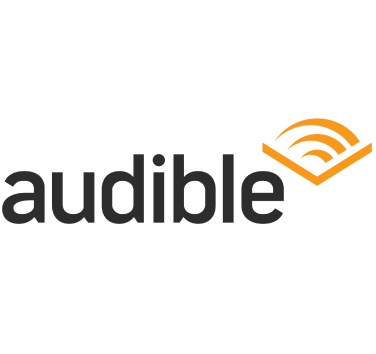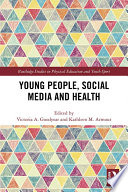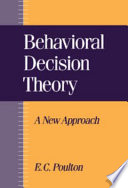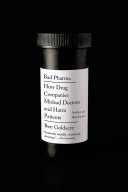Here, we’ll explore the best books on critical thinking, becoming better at problem-solving and deciding the difference between fact and fiction.
In a world where data is manipulated constantly to support different agendas, where many people get their news from social media), and where thought processes are hindered by an onslaught of strong opinions backed up by supposed facts, it can be tough to develop the skills of a rock-solid critical thinker.
Table of Contents
Open Table of Contents
- Top Books on Critical Thinking
- 1. Thinking, Fast and Slow By Daniel Kahneman
- 2. Bad Science By Ben Goldacre
- 3. Asking the Right Questions: A Guide to Critical Thinking By M. Neil Browne and Stuart M. Keeley
- 4. Calling Bullshit: The Art of Skepticism in a Data-Driven World By Carl T. Bergstrom
- 5. The Demon-Haunted World: Science as a Candle in the Dark By Carl Sagan
- 6. Mistakes Were Made (But Not by Me): Why We Justify Foolish Beliefs, Bad Decisions, and Hurtful Acts By Carol Tavris and Elliot Aronson
- 7. The Art of Thinking Clearly By Rolf Dobelli
- 8. Factfulness: Ten Reasons We’re Wrong About the World – and Why Things Are Better Than You Think By Hans Rosling
- 9. A Field Guide to Lies: Critical Thinking in the Information Age By Daniel J. Levitin
- 10. Predictably Irrational: The Hidden Forces That Shape Our Decisions By Dan Ariely
- 11. A Rulebook for Arguments By Anthony Weston
- 12. The 5 Elements of Effective Thinking By Edward B. Burger
- 13. The Skeptics’ Guide to the Universe: How to Know What’s Really Real in a World Increasingly Full of Fake By Steven Novella
- 14. Being Logical: A Guide to Good Thinking By Dennis Q. McInerny
Top Books on Critical Thinking
1. Thinking, Fast and Slow By Daniel Kahneman
“A reliable way to make people believe in falsehoods is frequent repetition, because familiarity is not easily distinguished from truth. Authoritarian institutions and marketers have always known this fact.”
This data-driven book explores how the human psyche processes information and uses insights to make valuable suggestions on how to change the way you think to become a better critical thinker. Kahneman shares his research and that of others in the field to show where the human brain shines–and where it falters. Readers can use this information to find where they struggle to make connections in their own lives and how to better interpret the information around them to create a semblance of truth.
2. Bad Science By Ben Goldacre
Ben Goldacre
“And if, by the end [of this book], you reckon you might still disagree with me, then I offer you this: you’ll still be wrong, but you’ll be wrong with a lot more panache and flair than you could possibly manage right now.”
In this book, Goldacre works to help readers determine the difference between real and junk science by activating their critical thinking skills. He infuses humor and fun into his writing, helping readers stay engaged while exploring the fallacies of their current decision-making skills. Readers will find that this research-based book helps them question the ideas they previously accepted as fact while being inspired to search for the absolute truth.
3. Asking the Right Questions: A Guide to Critical Thinking By M. Neil Browne and Stuart M. Keeley
“While identifying the conclusion and reasons gives you the basic visible structure, you still need to examine the precise meaning of these parts before you can react fairly to the ideas being presented…Identifying the precise meaning of key words or phrases is an essential step in deciding whether to agree with someone’s opinion. If you fail to check for the meaning of crucial terms and phrases, you may react to an opinion the author never intended.”
This book, which is often required reading for graduate-level courses, provides a step-by-step approach on how to attack serious issues with an open, questioning mind. Readers learn how to get to the root of an author’s opinion and dissect statements in a way that helps them get to the root of the issue in question. This how-to guide is rife with examples that take the reader through the different issues they’ll face as they learn to become a top-notch critical thinker.
4. Calling Bullshit: The Art of Skepticism in a Data-Driven World By Carl T. Bergstrom
“To tell an honest story, it is not enough for numbers to be correct. They need to be placed in an appropriate context so that a reader or listener can properly interpret them.”
Professor Carl T. Bergstrom wants readers to know that today’s world is filled with misinformation, and media consumers need critical thinking skills to decide what’s real–and what’s not. Today’s lies are different from the past, and it can be tough to tell what’s a fact when statistics and science are manipulated to support a plan. This book provides readers with the tools necessary to decide what to believe.
5. The Demon-Haunted World: Science as a Candle in the Dark By Carl Sagan
“One of the saddest lessons of history is this: If we’ve been bamboozled long enough, we tend to reject any evidence of the bamboozle. We’re no longer interested in finding out the truth. The bamboozle has captured us. It’s simply too painful to acknowledge, even to ourselves, that we’ve been taken. Once you give a charlatan power over you, you almost never get it back.”
In this book, renowned scientist Carl Sagan shares how pseudoscience harms society and discusses how science and spirituality can work hand-in-hand to help readers discover the truth they’re looking for. According to Sagan, increasingly technology-reliant lives lead people to believe anything they hear from a seemingly credible source, and readers must develop the critical thinking tools necessary to distinguish fact from fiction. The Pulitzer Prize-winning author eloquently shares how readers can use critical thinking for the betterment of both their own lives and society as a whole.
6. Mistakes Were Made (But Not by Me): Why We Justify Foolish Beliefs, Bad Decisions, and Hurtful Acts By Carol Tavris and Elliot Aronson
“Most people, when directly confronted by evidence that they are wrong, do not change their point of view or course of action but justify it even more tenaciously. Even irrefutable evidence is rarely enough to pierce the mental armor of self-justification.”
It can feel nearly impossible to admit when we do something wrong, especially when trying to do something right. Social psychologists Tavris and Aronson explore precisely what makes it so difficult for people to admit when they’ve made a mistake and how we can use this information to be more honest with ourselves and the people in our lives who matter most. This book teaches readers how to focus on the search for truth rather than how to focus on proving themselves right.
7. The Art of Thinking Clearly By Rolf Dobelli
 Rolf Dobelli
Rolf Dobelli
“Whether we like it or not, we are puppets of our emotions. We make complex decisions by consulting our feelings, not our thoughts. Against our best intentions, we substitute the question, “What do I think about this?” with “How do I feel about this?” So, smile! Your future depends on it.”
Most people have found themselves acting on their emotions without control, continuing with negative behavioral and relational patterns even though they know it’s not the best idea. In this book, Dobelli tells readers how to find the truth within themselves, using critical thinking to change how we make decisions. For readers who have struggled with irrational thinking and actions, this book provides a clear-cut, research-based framework that explains how to look past the pull of emotion to make the best decisions for yourself and the people around you.
8. Factfulness: Ten Reasons We’re Wrong About the World – and Why Things Are Better Than You Think By Hans Rosling
“I want people, when they realize they have been wrong about the world, to feel not embarrassment, but that childlike sense of wonder, inspiration, and curiosity that I remember from the circus, and that I still get every time I discover I have been wrong: “Wow, how is that even possible?” ”
Understanding that we don’t have it all figured out can be the first step toward seeing the world in a new light. In this guide to critical thinking, Rosling invites readers to examine what they’ve taken as fact and to reassess whether the way they see the world is true or based on their own biases. Rosling shares the ten instincts that often determine perspective and how readers can work to stop seeing the world in black and white and instead see the gray that truly exists in most areas.
9. A Field Guide to Lies: Critical Thinking in the Information Age By Daniel J. Levitin
“Be wary, though, of the way news media use the word “significant,” because to statisticians it doesn’t mean “noteworthy.” In statistics, the word “significant” means that the results passed mathematical tests such as t-tests, chi-square tests, regression, and principal components analysis (there are hundreds). Statistical significance tests quantify how easily pure chance can explain the results. With a very large number of observations, even small differences that are trivial in magnitude can be beyond what our models of change and randomness can explain. These tests don’t know what’s noteworthy and what’s not—that’s a human judgment.”
Every day, we’re bombarded with media and information that makes it hard to tell what’s real and what information has been twisted to support a political cause or other plans that need our support to thrive. Levitin shares how statistics and other math/science findings are manipulated to support faulty arguments in this book. Levitin teaches readers to take the information they discover in books, news, podcasts, and other media sources and think critically about the facts presented.
10. Predictably Irrational: The Hidden Forces That Shape Our Decisions By Dan Ariely
“We usually think of ourselves as sitting in the driver’s seat, with ultimate control over the decisions we made and the direction our life takes; but, alas, this perception has more to do with our desires-with how we want to view ourselves-than with reality.”
This book delves into an exciting facet of human nature: humans can understand what’s rational behavior and what isn’t, but often struggle to make rational choices. Throughout this bestseller, Ariely explains how humans act in times of financial crises and how dire situations cause humans to disregard social norms and instead act in what they believe to be their immediate best interests. The author helps readers understand how understanding irrational and rational behavior can help us better understand our lives and global issues.
11. A Rulebook for Arguments By Anthony Weston
“Typically we learn to “argue” by assertion. That is, we tend to start with our conclusions—our desires or opinions—without a whole lot to back them up. And it works, sometimes, at least when we’re very young. What could be better? Real argument, by contrast, takes time and practice. Marshaling our reasons, proportioning our conclusions to the actual evidence, considering objections, and all the rest—these are acquired skills. We have to grow up a little.”
Staying rational and based on facts can be challenging when arguing a point with others, especially if you’re passionate about your point. In this book, Weston works to help readers understand how to present arguments in a way that fuels rational debate and dialogue, using logic and facts to make points rather than relying on opinion-based passion. Weston offers practical tips on arguing effectively and delves into the research that shows how to argue in a way that helps people see your point of view–instead of your stubbornness to hear the other side.
12. The 5 Elements of Effective Thinking By Edward B. Burger
“In everything you do, refine your skills and knowledge about fundamental concepts and simple cases. Once is never enough. As you revisit fundamentals, you will find new insights. It may appear that returning to basics is a step backward and requires additional time and effort; however, by building on firm foundations you will soon see your true abilities soar higher and faster.”
People who are influential thinkers aren’t necessarily better at thinking than other people. Instead, they use their brains to dissect ideas effectively. In this book, Burger teaches readers how to use critical thinking skills to solve problems and develop a positive mindset, harnessing their power to see long-standing issues in a new light. Burger offers research-based information and real-life anecdotes to help readers understand how they can utilize the concepts in the book to bring new ways of seeing the world to their personal and professional lives.
13. The Skeptics’ Guide to the Universe: How to Know What’s Really Real in a World Increasingly Full of Fake By Steven Novella
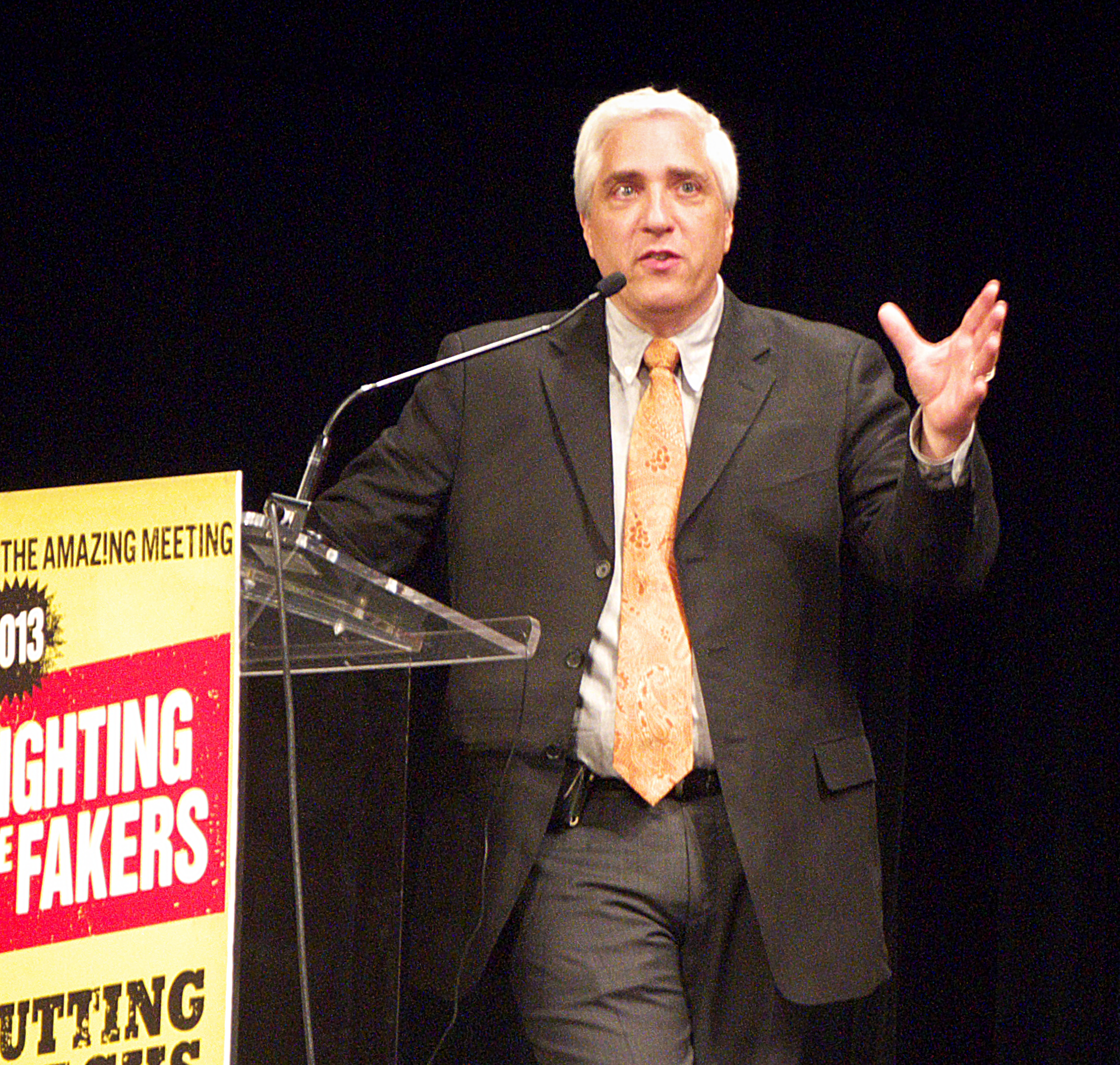 Steven Novella
Steven Novella
“An ignorant mind is precisely not a spotless, empty vessel, but one that’s filled with the clutter of irrelevant or misleading life experiences, theories, facts, intuitions, strategies, algorithms, heuristics, metaphors, and hunches that regrettably have the look and feel of useful and accurate knowledge.”
Suppose you’re ready to develop the tools necessary to separate fact from fiction. In that case, Novella offers the tools necessary to analyze your current way of thinking and create new strategies that allow you to see the world for what it is–not what others want you to believe it is. Novella talks about how there are no true holders of truth and that it’s up to each individual to do the research necessary to decide what’s real and what’s pseudoscience. Whether you want to debunk conspiracy theories or simply want to ingest media more critically, Novella’s practical skills will help you develop the critical thinking tools necessary to seek the truth.
14. Being Logical: A Guide to Good Thinking By Dennis Q. McInerny
“Bad ideas do not just happen. We are responsible for them. They result from carelessness on our part, when we cease to pay sufficient attention to the relational quality of ideas, or, worse, are a product of the willful rejection of objective facts.”
When we feel emotional or distressed about an issue, it can be hard to separate logical thinking from illogical thinking. This can also be hard when others are making an impassionated argument. In this book, McInerny works to help readers develop critical thinking tactics that allow them to use discernment when considering both their own ideas and the ideas of others. The book is written in an elegant yet accessible manner that allows readers to process deep ideas without an overload of scientific or philosophical jargon.

